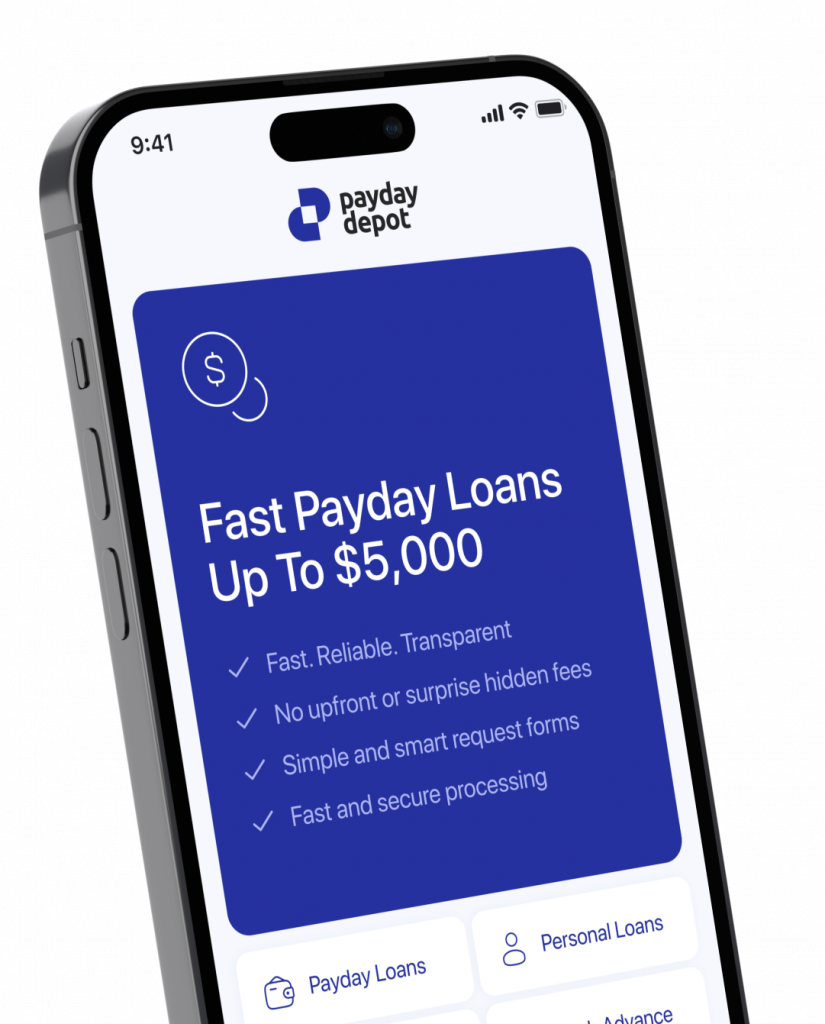Most Common Myths About Payday Loans

Payday loans are very common in the United States. In fact, roughly 12 million American adults take out at least one of these loans every year. They’re also convenient for people who need a small sum of cash quickly and want to avoid undergoing a credit check.
But despite how common these loans are, there are still many misconceptions and myths about them. In particular, many people believe that payday loans are only offered by predatory lenders, have hidden fees, and can have a long-term negative impact on their credit and financial situation.
The truth of the matter, however, is that these loans can be helpful when used responsibly. So, if you’re considering taking out a payday loan, here are the most common myths associated with them and what’s actually true.
1. All Payday Lenders Charge Hidden Fees
Like other loans, these short-term loans may come with interest or finance charges. However, some people believe that payday lenders also charge hidden fees like prepayment penalties or application fees.
The truth is that legitimate lenders will list any fees either on their website or as part of the application process. As the borrower, you’ll have the opportunity to review these fees before agreeing to the loan.
2. Only People with Poor Credit or Limited Income Use Payday Loans
Most payday lenders do not require a credit check, making these loans easy to get for people with poor credit or limited credit history. These lenders are also more likely to work with low-income borrowers than traditional lenders.
Unfortunately, this has led many people to believe that payday lenders specifically target these individuals and try to take advantage of their situation. In reality, even people with good credit or higher income can use payday loans. After all, these loans come with quick funding times and can be helpful in a pinch — no matter who you are.
3. It’s Impossible to Repay Payday Loans
Another common misconception about payday loans is that you won’t be able to pay them back once you have them. A big reason why people believe this is because payday loans come with short repayment terms — often 2 to 4 weeks — and finance charges.
This can make it harder to pay off the loan, especially if you’re already struggling to keep up with the bills. Oftentimes, people who already have a payday loan end up rolling it over into a new one because they can’t pay it back in time.
This doesn’t mean these loans are impossible to repay, however. Lenders are required to disclose any information about paying back the loan — including any fees — before you agree to the loan. As long as you understand the parameters of the loan and have calculated the repayment amount, there’s no reason why you shouldn’t be able to pay off what you owe.
4. Not Paying Your Payday Loans Means Jail Time
Some people believe that failing to repay a payday loan will result in jail time. But this simply isn’t true.
Payday lenders can be tenacious when it comes to collecting what they’re owed, but they cannot send you to jail if you don’t pay. This is because not paying a debt is considered a civil offense — not a criminal one.
You could, however, receive a court summons if you fail to pay back your loan. If you do not appear in court, you could be arrested for contempt of court. Some states won’t even arrest you for that, however.
5. Payday Loans Are Secured Loans
A secured loan is any loan that requires collateral — like a car or house — in exchange for funds. If you don’t pay back the loan, the lender can seize your asset to recover their loss. Common types of secured loans include mortgage loans, title loans, and auto loans.
Payday loans do not require collateral. This makes them a form of unsecured personal loan rather than a secured loan. Although you’re still responsible for repaying the loan, you won’t risk losing your personal belongings or assets if you don’t pay.
6. Payday Loans Will Ruin Your Credit Score
The only way taking out a payday loan will hurt your credit score is if you fail to pay it back. Even then, the lender will have to report your missed payment to the credit bureaus — Experian, Equifax, and TransUnion. The missed payment can then affect your payment history, which accounts for 35% of your overall credit score.



